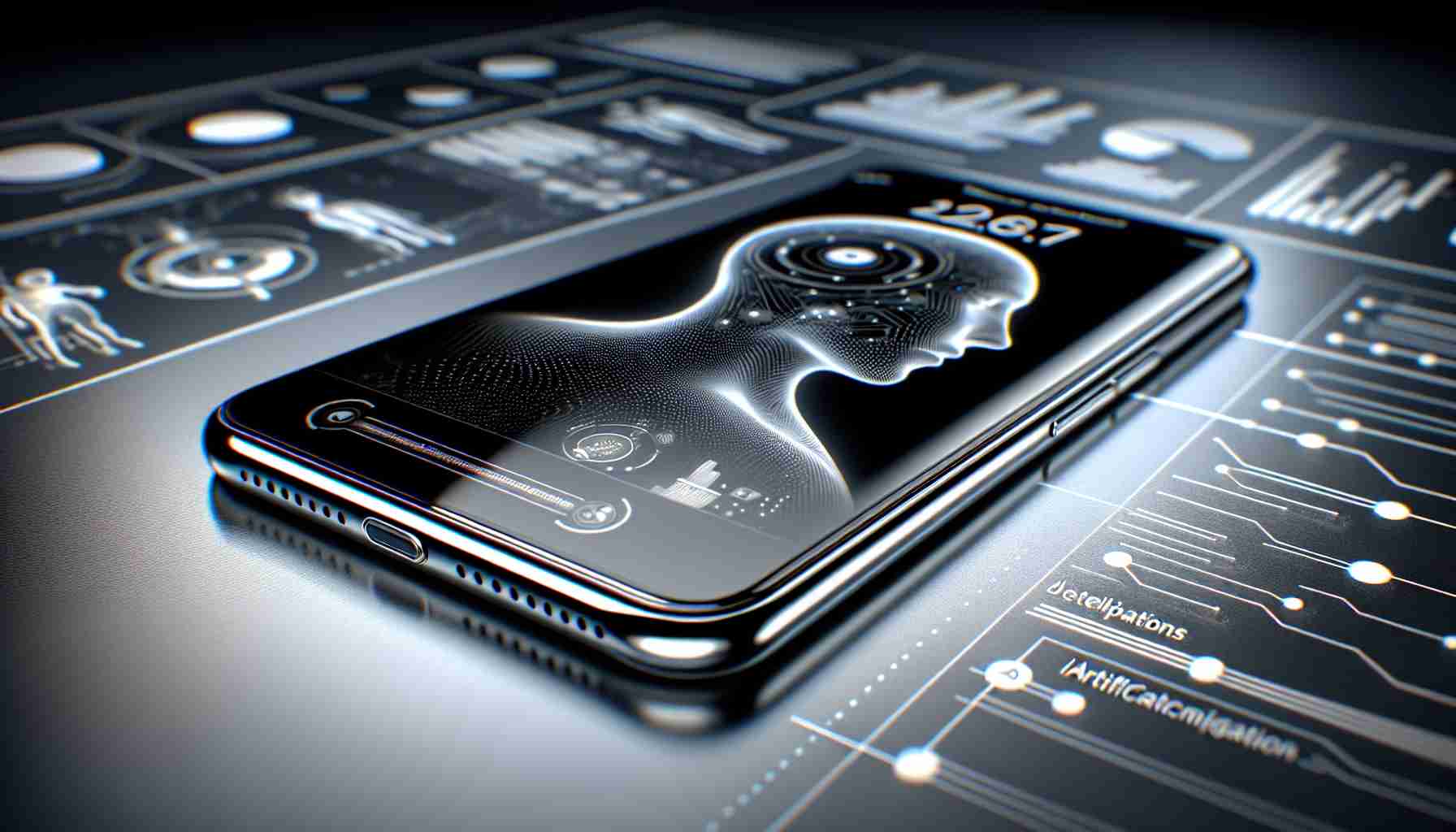On September 10, Apple hosted its anticipated fall presentation, showcasing the latest innovations including the iPhone 16, Apple Watch, and AirPods. The highlight of the event was undoubtedly the new iPhone 16, equipped with the advanced A18 chip built using a cutting-edge 3nm manufacturing process.
Industry experts believe that this launch initiates a new era for AI technology in consumer devices. With the iPhone 16’s specifications, particularly its enhanced machine learning capabilities, the demand for computing power in AI applications is expected to surge. Analysts at Morgan Stanley have pointed out that the increased adoption of AI in smartphones could mirror the previous 5G upgrade phase, potentially boosting sales and revenue for Apple significantly.
Furthermore, the updated Siri interface and new applications aimed at enhancing user experience were discussed. The iPhone 16 series is set to establish a new standard for what smartphones can do, driving a renewed interest in AI-driven functionalities.
The market anticipates that Apple’s AI innovations will lead to an increase in device sales, projecting shipments in 2024 to reach approximately 88-89 million units. Additionally, as AI becomes more integrated into everyday life, revenue from software and applications is likely to experience substantial growth.
In summary, Apple’s latest advancements signal a vibrant future for AI in consumer technology, hinting at a new cycle of demand and innovation across the industry.
Apple Unveils iPhone 16 and Explores Future Potential of AI
On September 10, 2023, Apple revealed its much-anticipated iPhone 16 during its fall presentation. The new device features the powerful A18 chip, produced using a groundbreaking 3nm manufacturing process, which is set to redefine mobile computing standards. In addition to the iPhone 16, Apple also introduced enhancements to its Apple Watch and AirPods, underscoring its commitment to innovation across its product lines.
New AI Capabilities and Their Future Potential
The iPhone 16 is not just an upgrade in hardware but marks a pivotal moment for artificial intelligence (AI) integration into portable technology. The device includes next-level machine learning architectures that allow for significantly improved processing of real-time data. AI applications are poised to revolutionize how users interact with their devices, enhancing features such as image recognition, natural language processing, and personalized recommendations.
Key Questions and Answers
1. How does the iPhone 16 enhance AI capabilities compared to previous models?
– The iPhone 16’s A18 chip is tailored to optimize AI workloads, allowing for better performance in tasks like image processing, voice recognition, and context-aware applications. This dedicated AI processing unit sets a new benchmark not only for Apple but also for the smartphone industry.
2. What are the anticipated impacts of AI advancements on consumer behavior?
– As AI technology becomes more integrated, consumers are likely to expect smarter, more intuitive devices. This could lead to a demand explosion similar to the transition seen with 5G, influencing purchasing decisions for older smartphone models.
3. What challenges does Apple face in capitalizing on AI technologies?
– Apple must navigate issues concerning data privacy and ethical AI usage. Ensuring user data protection while delivering enhanced AI features is a significant challenge. Moreover, the competitive landscape is becoming increasingly crowded, necessitating continual innovation.
Challenges and Controversies
While the integration of AI into the iPhone 16 opens up numerous possibilities, it also raises several controversies. The most pressing concerns include:
– Privacy Issues: With advanced AI functionalities requiring extensive data collection, users may feel apprehensive about how their data is utilized. Apple will need to emphasize its commitment to privacy and transparency.
– Job Displacement: The rise of AI could lead to fears surrounding job loss in various industries, as automation becomes more prevalent.
Advantages and Disadvantages
Advantages:
– Enhanced user experience through AI-driven personalization.
– Increased processing power resulting in greater efficiency and speed for applications.
– Potential for new features that could change communication, health monitoring, and personal organization.
Disadvantages:
– High dependency on technology could lead to decreased human interaction or reduced skill retention.
– Ongoing data privacy concerns as consumers may worry about surveillance and data misuse.
Conclusion
Apple’s unveiling of the iPhone 16 is a significant milestone in the evolution of consumer technology and artificial intelligence. As the company pushes the envelope with AI capabilities, it is positioned at the forefront of a technological renaissance. The balance between innovation, user experience, and ethical considerations will determine the future trajectory of AI within Apple’s ecosystem.
For more insights, visit Apple’s official website for product updates and announcements.























